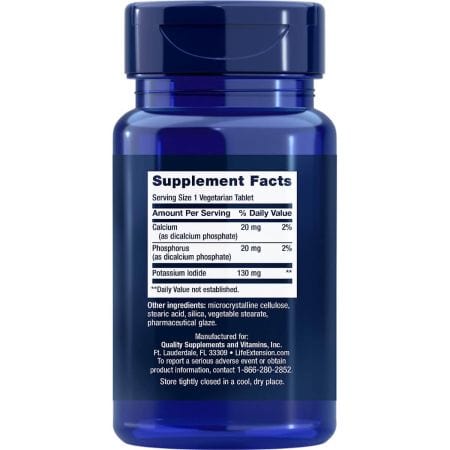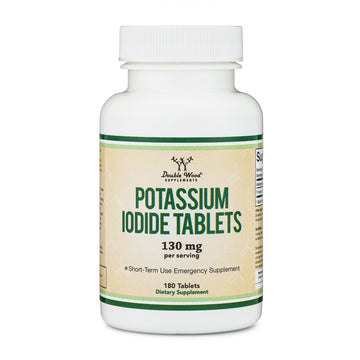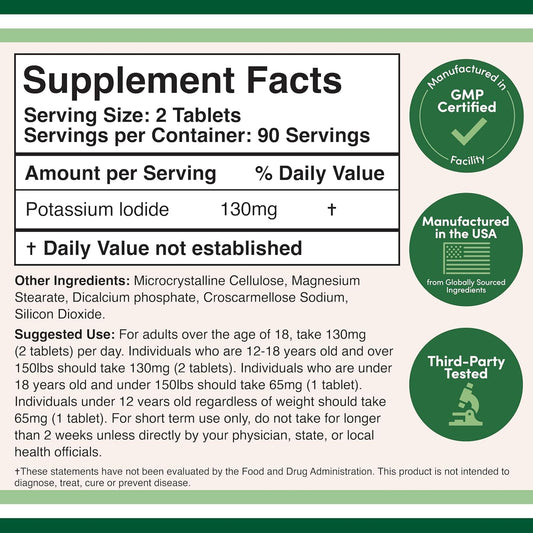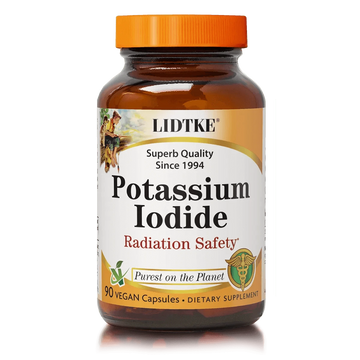Potassium is a vital mineral and electrolyte your body needs for optimal health and supports nerve function and fluid balance. Whether you’re seeking to support heart health, maintain healthy blood pressure, or ensure strong muscle performance, Welzo’s potassium supplements are designed to do just that.
What is Potassium?
Potassium is a vital mineral and electrolyte that plays an important role in the normal function of every cell, tissue and organ in the body. Because the body cannot manufacture potassium itself, it must be obtained from dietary sources or supplements.
As a positively charged ion it is primarily found inside cells, where it helps to maintain the correct electrical potentials across cell membranes. This fuels functions such as nerve impulse transmission, muscle contraction (including the heart), and fluid and electrolyte balance.
Benefits and Features of Potassium
Our Potassium supplement collection is formulated to support optimal electrolyte equilibrium and maintain fluid and cellular balance throughout the body.
By helping to counterbalance sodium and promote healthy blood pressure levels, our collection supports long-term cardiovascular wellness. Ideal for active lifestyles, our potassium formulations contribute to proper muscle contractions, nerve signalling and recovery after exercise or exertion.
Recognising potassium’s role in maintaining regular heartbeats and supporting cellular electrical activity, each product is designed with these fundamental roles in mind. All items are sourced from reputable manufacturers who undergo third-party testing for purity and potency.
Whether you require a standard daily supplement or a specifically targeted formulation, our collection offers flexible options to meet your needs. For added benefits, explore our Magnesium, Vitamin B, Calcium and Omega 3 collections.
For more information, check out the full blog post on Top Potassium Supplements.
Statistics, Research and Expert Information on Potassium
The British Medical Journal (BMJ) reports that “increased potassium intake can significantly lower blood pressure in adults and reduce the risk of stroke and cardiovascular disease mortality.”
The Scientific Advisory Committee on Nutrition (SACN) and the Committee on Toxicity (COT) concluded that “increasing population potassium intake would likely reduce blood pressure and cardiovascular disease incidence across the UK, while remaining safe for most healthy adults.”
The World Health Organisation (WHO) advises that “adults should consume at least 3,510 milligrams of potassium per day to help reduce blood pressure and the risk of cardiovascular disease.”
Research published in the American Journal of Clinical Nutrition found that “higher dietary potassium intake, particularly from fruits and vegetables, is associated with greater bone mineral density and a lower risk of kidney stones.”
The British Heart Foundation (BHF) notes that “maintaining healthy potassium levels supports normal heart rhythm, muscle function and helps offset the harmful effects of excessive sodium on blood pressure.”
FAQs
Q: How much potassium should I take daily?
A: Requirements vary by age, health status and diet, but many guidelines suggest around 3,500 mg (≈90 mmol) per day for adults.
Q: Can I get enough potassium from food alone?
A: Yes, many people can meet needs via diet, fruits, vegetables, legumes, fish, dairy all contribute. But if diet is poor or medical conditions apply, supplements may help under professional guidance.
Q: Are potassium supplements safe?
A: For most healthy individuals they’re safe when used as instructed. Always consult a healthcare professional.
Q: When will I notice the benefits of taking Potassium?
A: Effects like improved electrolyte balance, muscle support or blood pressure benefits may take weeks and will also depend on diet and lifestyle. Potassium is just one part of a holistic approach.
Q: Can I take potassium alongside other supplements?
A: Yes, but it’s wise to inform your healthcare provider of all medications and supplements, as interactions (especially with other electrolytes or medications) are possible.


























 Rated Excellent by 14,617+ Reviews
Rated Excellent by 14,617+ Reviews